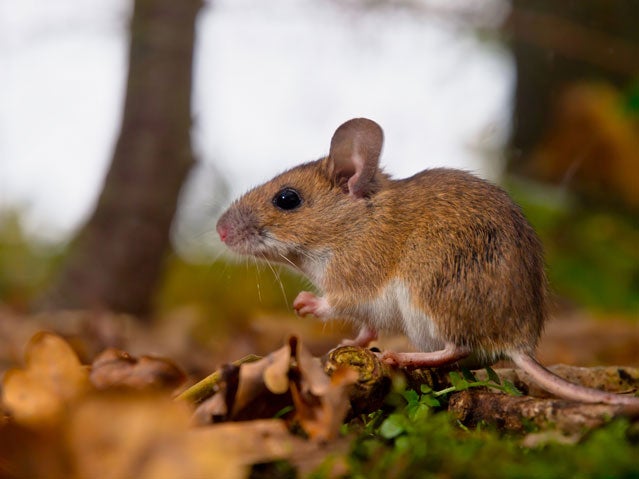The eight confirmed illnesses and three deaths from hantavirus among guests at Yosemite’s Camp Curry have rightfully stirred up concern in the hiking community. Still, the prevalence of this often-deadly disease carried in rodent feces and urine needs to be put into perspective. On average, fewer than 30 cases of hantavirus are reported each year in the United States, according to the Centers for Disease Control and Prevention (CDC). By comparison, 400 people are struck by lightning in the country annually, and 8,000 people get bitten by venomous snakes. You should be vigilant but not overly concerned about hantavirus, especially if you take the following precautions in the backcountry.
If your cabin is mouse-infested, don鈥檛 stay in it.
Mouse nests or feces scattered throughout the cabin should be a giant red light. Your best bet in the backcountry is always to stay in your own tent.
Don鈥檛 camp near a woodpile or anywhere else where rodents may be living
The more distance you put between yourself and where rodents congregate, the better.
Don鈥檛 sweep your cabin or lean-to.
A broom just stirs dust into the air. You鈥檙e better off wet mopping鈥攐r, if it鈥檚 not your cabin, doing nothing.
Store your food and trash in rodent-proof containers.
There鈥檚 no need to invite mice to dinner. If possible, hang your food and trash containers as well.
Filter your water before drinking it.
No matter how much you trust your water source in the backcountry, you鈥檙e better off being safe by using a filter.
For more pointers, go to the .


